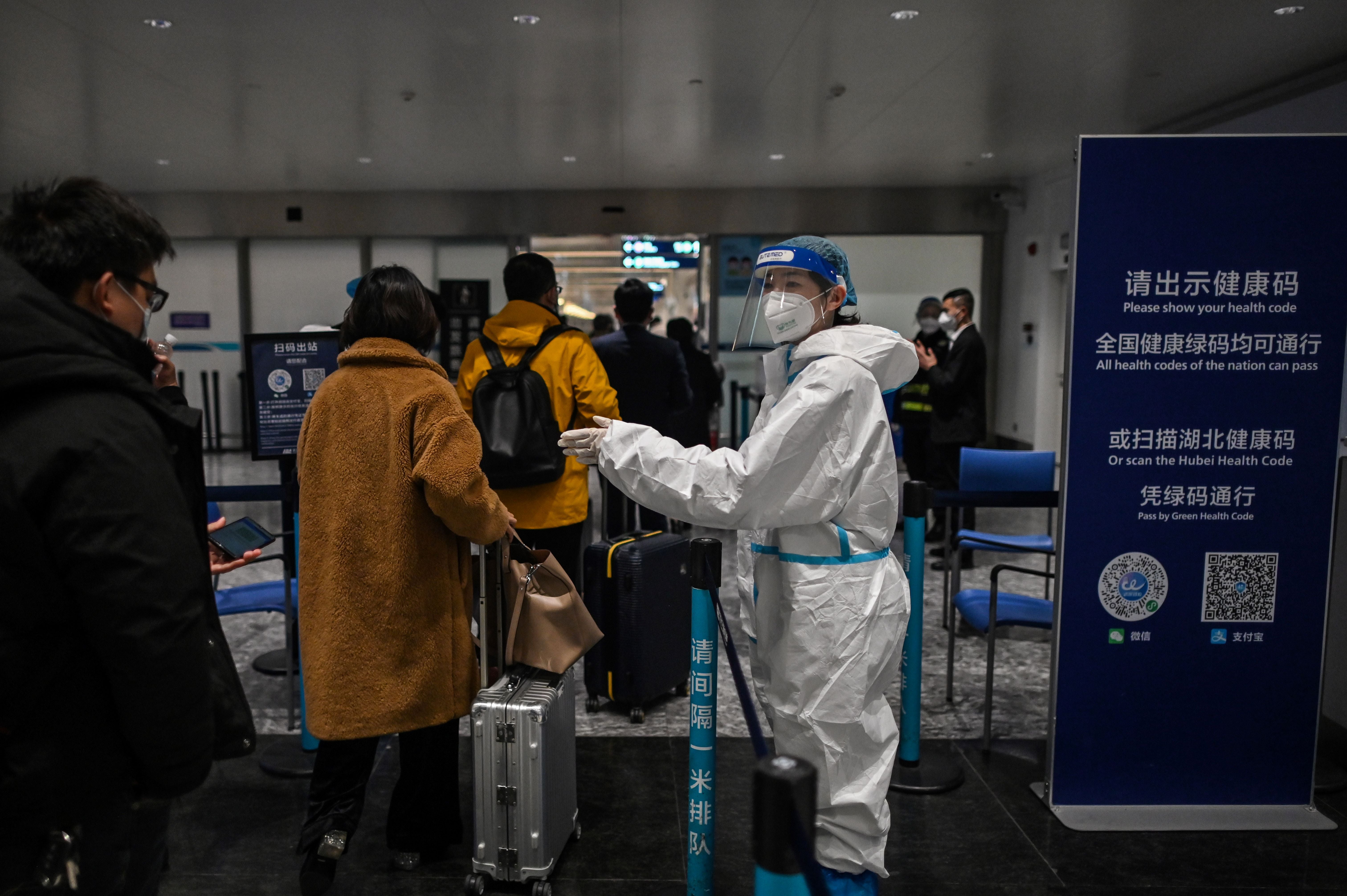China’s new visa rules aimed at forcing countries to approve its vaccines, say experts
Chinese embassies in several countries say they will open up visas for those who have taken Chinese-made vaccines. The only catch is that these are generally not yet available, as Akshita Jain reports


China has announced the easing of restrictions to allow some foreigners entry into the country, but the decision comes with a caveat: it will only facilitate visas for those who have been inoculated with Chinese-made Covid-19 vaccines.
While Chinese embassies in at least 20 countries said the purpose was to resume “people-to-people” exchanges, experts told The Independent that the move will pressure countries to approve China’s vaccines and thereby increase their legitimacy.
China has been closed to foreigners since March last year to curb the spread of Covid-19. Chinese embassies in several countries, including the US, Britain, India and Italy, have now posted notices about the availability of visas for people who have taken a China-made jab and obtained a vaccination certificate.
The announcement raises questions about how it will benefit people in countries which haven’t yet authorised any Chinese-made vaccines. The US, India and most countries in Europe have not approved jabs produced in China.
“China’s new rule is couched as promoting ‘people-to-people exchanges’, but requiring foreigners to take a Chinese-made vaccine is going to make it harder not easier for people to visit the country. So the motivation lies elsewhere,” said Dr Deepa Ollapally, professor of international affairs and director of the Rising Powers Initiative at George Washington University.
Dr Ollapally said the move is going to put a lot of pressure on those who want to do business in China, let alone tourists, and it could “end up being a backdoor way to force countries to accept Chinese vaccines whether they like it or not.”
Read more:
When asked about the purpose and the utility of the new rule during a press conference on Tuesday, China’s foreign ministry spokesperson Zhao Lijian said the “proposal to facilitate the travel of those who have been inoculated with Chinese vaccines is made after thoroughly considering the safety and efficacy of Chinese vaccines”.
“We believe this is a meaningful exploration of facilitating international travel once mass vaccination has been achieved. It is not linked to the recognition of Chinese vaccines,” he said.
However, experts said China has clear economic and diplomatic advantages to gain from this move.
“As more countries take up Chinese-origin vaccines, so will others, which will help increase China’s credibility as a global power that is actively and positively combatting the Covid-19 pandemic,” said Dr Chris Ogden, senior lecturer in Asian affairs at St Andrews’ School of International Relations.
“Here China would have an end goal of its vaccines being the most used in the world, versus say western-originating vaccines, which would result in a significant diplomatic ‘win’ on the global stage,” he said.
Beijing will also gain economically when the vaccines are sold to other countries. Once people have no choice but to take Chinese-made vaccines, Beijing will be in a strong position to negotiate on price with these countries, Dr Sriparna Pathak from India’s OP Jindal Global University told The Independent.
Beijing has approved five of its own vaccines, but has not yet authorised any foreign-made ones. Its vaccines have been rolled out in several countries despite concerns over their safety and efficacy and a lack of public data.
As many as 34 countries have approved at least one Chinese vaccine, according to a CNBC survey. By contrast, the Pfizer-BioNTech vaccine has been approved by 72 countries.
Experts also said that China’s new rules could be the start of a worrying trend. Dr Ollapally said such a move could set the stage for greater “vaccine nationalism”, an unfortunate step in the wrong direction for global health just as the world is relying on vaccines to get back to some semblance of normalcy.
Join our commenting forum
Join thought-provoking conversations, follow other Independent readers and see their replies
8Comments